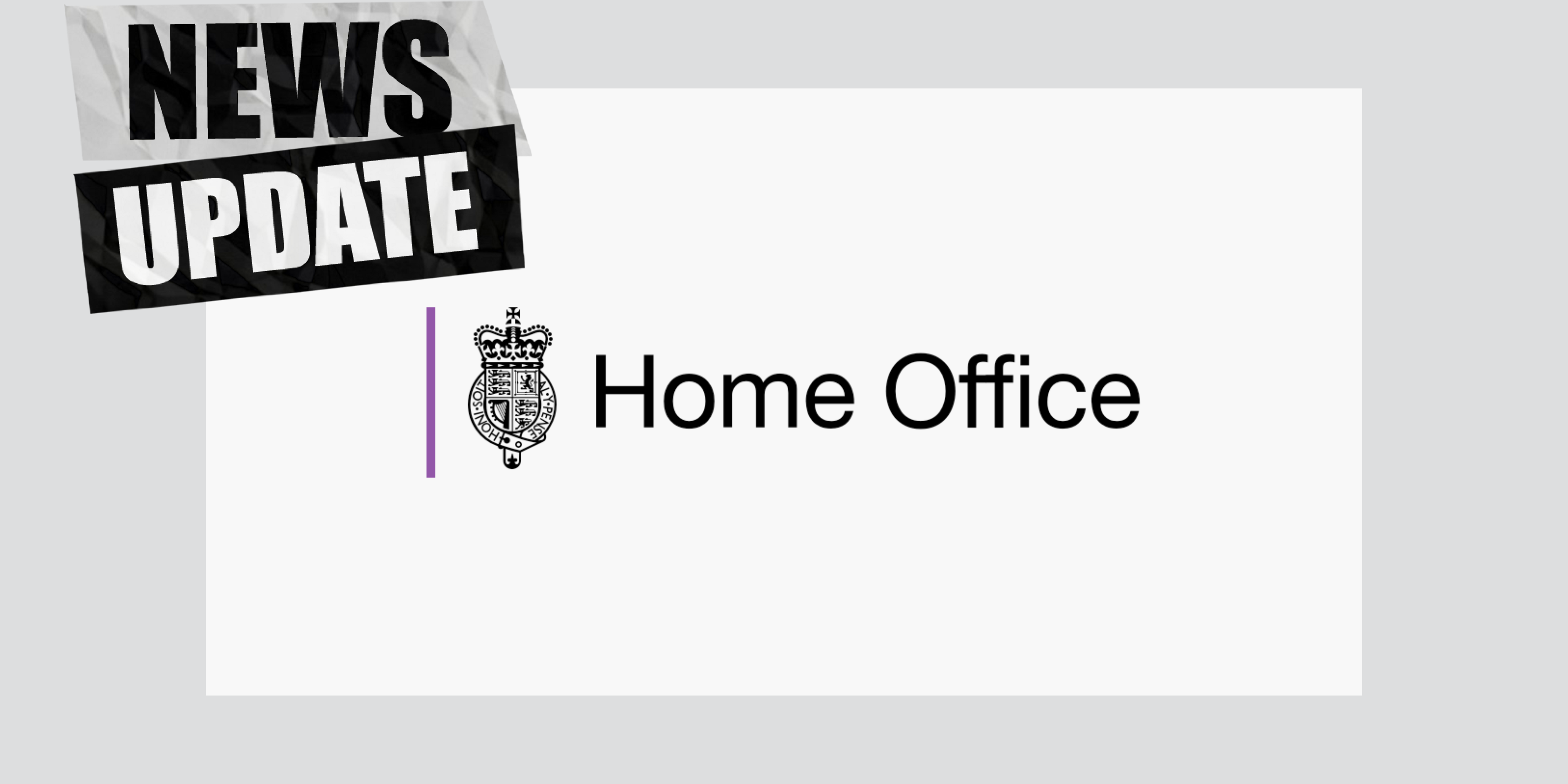Much has been written recently about the DfE’s and Office for Students (OfS) interest in, and scrutiny of, higher education business models at both sector and individual institution levels. At the root of any systemic or organisational failure must be an honest appraisal of the contribution of leadership, governance and management. There can be no doubt that the external challenges faced by the higher education sector in recent years have been acute. But how and the pace at which individual institutions have responded varies enormously depending on the maturity of the arrangements for strategic risk management and decision-making.
Our participants reflected on a tendency for university executives to keep their governing bodies at arms-length. While governing bodies are comfortable talking about finance and estate issues, discussion and assurance of academic standards and quality remain something of a dark art. Out-of-sector governors described being prevented from asking the necessary ‘what if’ questions: whether the academic portfolio is fit for purpose and responsive to rapidly changing market demand; what really lies behind student dissatisfaction (especially around learning and teaching matters); and whether the whole system of risk management and institutional governance is working at every level. These are all questions that out-of-sector governors would be used to asking in their own organisations, but higher education executives have seemed reluctant to accept that they can be applied to universities.
Our discussion demonstrated that the question of whether to pay governors remains contested. Compensation might attract skilled individuals and increase the diversity of governing bodies. But some remain unconvinced that it is necessary to attract high-quality non-executive directors (NEDs) into mission-driven organisations.
Participants raised concerns about governing body size and felt the challenges of modernising governing instruments were a hindrance to good governance. The Committee of University Chairs (CUC) Code provides a framework for good governance but is due a refresh and perhaps, given the DfE and OfS interest in higher education governance, might be on the verge of becoming more comply than ‘apply and explain’.
The state of governance today
Effective governance comes from valuing governance. There was a strong sense in the discussion that governance is not valued in higher education. The sector is maturing from a validation model of governance, in which (often overly long) papers are crafted by the executive, and the presentation choreographed to achieve confirmation and approval, to a more co-creating, challenge model that requires high trust, a culture of accountability, risk management and continuous improvement.
Effective governance hinges on the skills of every governing body member. Being a governor requires a specific set of skills and behaviours. Participants suggested that university executive leaders at all levels need much better support earlier and throughout their leadership careers. This will develop their understanding of the value of governance and the skills required.
Some participants felt it was difficult to ‘land’ governance effectiveness reviews, giving examples of extreme defensiveness and perfunctory action planning. Good governance fosters a culture of collective effort and collaboration, requiring open communication and a commitment to excellence. It was suggested that a different approach to assessing governance effectiveness is needed. By starting with what is reflected in the institutional risk register, institutions can reflect what is important to them. The culture of leadership, governance and management was felt to be a good starting point for a deeper exploration and discussion of governance effectiveness.
Assessing leadership is a key component of governance, and yet, governing bodies appear to vary greatly in how they identify and discuss the risks around leadership competence, capability and capacity. Participants reflected that during the recruitment process, leadership candidates are rarely evaluated on how they think about governance and engage with their governing bodies.
Recommendations and conclusion
The consensus was there is an urgent need for governance to be valued as both a necessary and integral element of university leaders’ roles. Participants want to see better training of leaders, NEDs and Chairs, new approaches to reviewing board effectiveness and proper consideration of how leaders will contribute to a culture of good governance when recruiting senior leaders.
If Whitehall believes governance in higher education is not working, now is the time for the sector to set out a bold and transformative vision for how governance can mature. The complex regulatory, policy and funding context in which higher education governance operates will need to be more dynamic, collaborative and thoughtful. When executives and NEDs are open to exploring these key themes together, the sector can navigate the complexities of governance and drive its institutions towards mission-driven effectiveness and excellence.



